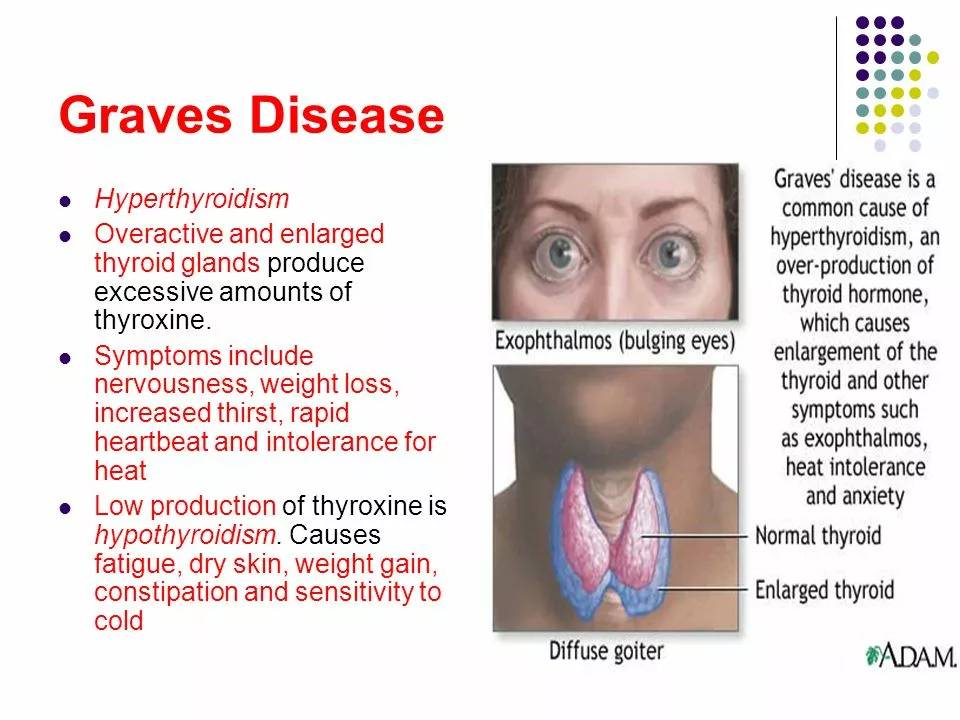Cholesterol levels: understand your numbers and what to do
Worried about cholesterol? You're not alone. High LDL (the "bad" cholesterol) raises your risk for heart disease, while HDL (the "good" cholesterol) protects you. This page gives clear, usable steps to check your numbers, lower unhealthy cholesterol, and decide when to talk to a doctor.
Quick target numbers to remember
Here are common targets used by doctors: total cholesterol below 200 mg/dL, LDL under 100 mg/dL (under 70 if you already have heart disease), HDL above 40 mg/dL for men and above 50 mg/dL for women, and triglycerides under 150 mg/dL. These are simple benchmarks — your personal target may differ based on age, health, and risk factors.
Practical ways to lower cholesterol
Want real changes? Start with things you can control right now. Cut saturated and trans fats (fried foods, fatty cuts of meat, some baked goods). Add soluble fiber — oats, beans, apples — they help lower LDL. Aim for regular exercise: 30 minutes of brisk walking most days lowers cholesterol and helps weight loss. Lose even 5–10% of body weight and you’ll often see better numbers.
Limit alcohol and quit smoking. Alcohol raises triglycerides for some people, and smoking reduces HDL. If you smoke, quitting gives a fast boost to your heart health.
Supplements can help but use caution. Omega-3s lower triglycerides; psyllium can reduce LDL. Red yeast rice may lower cholesterol but can act like a prescription statin and cause the same side effects — discuss it with your doctor before trying.
If lifestyle changes aren’t enough, medications work well. Statins are the primary choice and cut heart risk significantly. Other options include ezetimibe, PCSK9 inhibitors, and newer drugs like bempedoic acid. Your doctor will match treatment to your risk and tolerance. Always check for drug interactions and follow recommended blood tests.
How often to test? If you start meds, doctors usually recheck LDL about 6–12 weeks after starting or changing dose, then every 6–12 months once stable. If your risk is low and numbers are stable, yearly checks may be enough.
Worried about inherited high cholesterol? Familial hypercholesterolemia runs in families and needs early, often aggressive treatment. If several relatives had early heart attacks, tell your doctor — you may need earlier screening.
On this tag page you’ll find articles and guides related to cholesterol and heart health on BuyLowDrugs.com — for example, pieces that mention drug effects on cholesterol and practical treatment options. Use those posts to compare treatments, learn about side effects, and find low-cost medication options when appropriate.
If you want action now: get a lipid panel, compare your numbers to the targets above, try the diet and activity steps, and schedule a quick talk with your doctor about next steps. Small changes add up fast, and you’ll often see measurable results within a few months.
The Impact of Levothyroxine on Cholesterol Levels
- Robin Tudge
- May 14, 2023
- 10 Comments
In a recent study, I discovered that Levothyroxine, a medication commonly prescribed for hypothyroidism, has a significant impact on cholesterol levels. It turns out that this drug effectively lowers high cholesterol levels, which are often associated with an underactive thyroid. As a result, patients taking Levothyroxine not only experience an improvement in their thyroid function, but also a reduction in their risk for heart disease. This is great news for people with hypothyroidism, as they can now manage their condition and maintain their heart health simultaneously. Further research is needed to fully understand the long-term effects of Levothyroxine on cholesterol levels, but the initial findings are certainly promising.
read more
